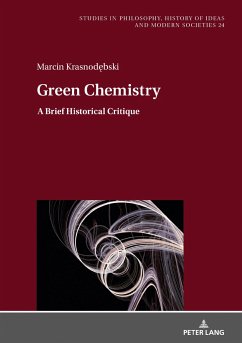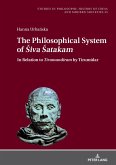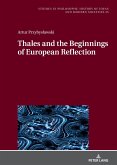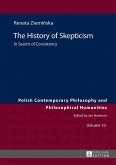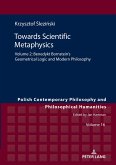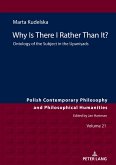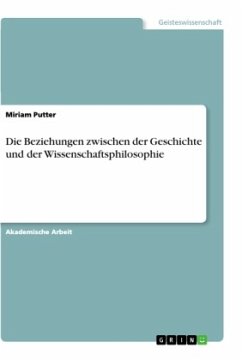In recent decades, green chemistry dominated the imagination of sustainability scholars all over the world and was embraced by leading global universities and companies. This new concept is supposed to address the environmental crisis by making chemistry safer and less polluting.
And yet, under this seemingly straightforward success story hides a tangled and ambiguous reality: alternative frameworks, shoddy greenness criteria, and power struggles.
This book retraces the history of the green chemistry concept and critically assesses its claims and dominant narratives about it. It is an indispensable guide for all those interested in the challenges of sustainability, whether they have background in chemistry or not. Its underlying question is: is green chemistry really that green?
And yet, under this seemingly straightforward success story hides a tangled and ambiguous reality: alternative frameworks, shoddy greenness criteria, and power struggles.
This book retraces the history of the green chemistry concept and critically assesses its claims and dominant narratives about it. It is an indispensable guide for all those interested in the challenges of sustainability, whether they have background in chemistry or not. Its underlying question is: is green chemistry really that green?

